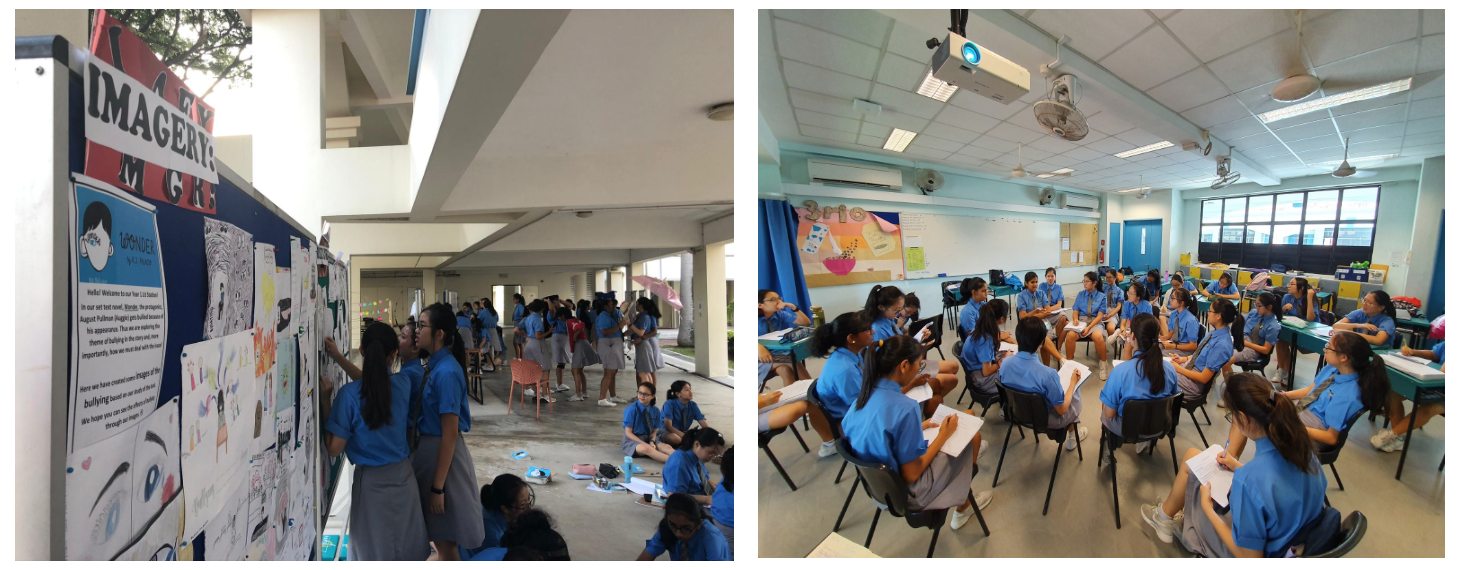English Language and Literature
English Language and Literature

|
Department Vision: |
To nurture critical, creative, and adaptive communicators who appreciate the beauty of the English language and literature, are articulate and well-read, and use language masterfully to make an impact. |
|
Teaching and Learning Approaches: |
Cedar’s English department adopts a structured curriculum that progressively develops language skills and literary concepts over the students' four years at the school. The curriculum emphasizes age-appropriate macro concepts and themes, which help students apply foundational language and literary skills. Students engage in authentic tasks set in real-world contexts, taking on the role of practitioners, which enriches their learning experience. They are also given opportunities to explore and express their personal perspectives on global and local issues, fostering a sense of identity and purpose. The curriculum follows a social constructivist approach,
prioritizing collaborative and discovery learning to inspire a love for
learning. Recognizing that language is a skill-based subject, active learning
pedagogies are used to enhance student engagement and make thinking visible.
Teachers employ techniques like Socratic questioning to deepen students'
critical thinking.
Differentiated Instruction is used to cater to the diverse needs of students. To prepare them for the future, ICT is integrated into the curriculum through the Google Suite for Education and other Web 2.0 resources. Students are also taught to responsibly use Artificial Intelligence tools to enhance their learning. |
|
Key Programmes: |
1. Literature Fest (“Lit Up!”) 2. Literature Enrichment In 2024, Year 2 students participated in spoken word workshops as part of the school’s Beyond Classroom Learning Week. In addition, Year 3 and 4 students attended a performance-lecture on Shakespeare’s Merchant of Venice. 3. Talent Development Opportunities |

